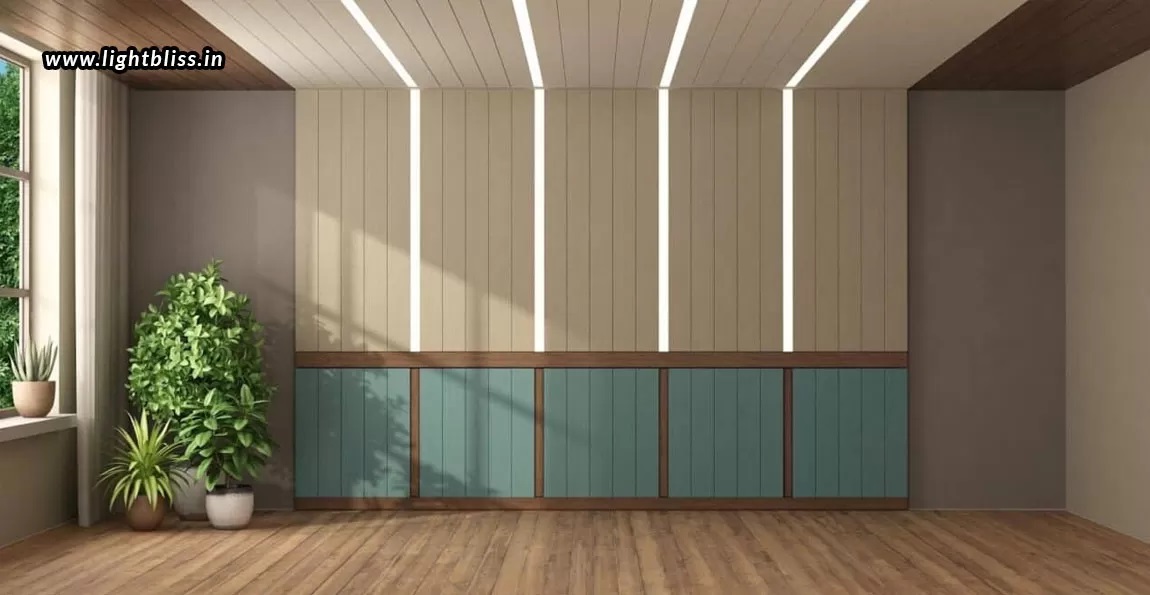The world of lighting has undergone a significant transformation with the emergence of LED profile lights. These innovative lighting solutions have revolutionized the way we illuminate spaces, offering a unique combination of style, functionality, and energy efficiency. With their sleek designs, adjustable angles, and long lifespan, LED profile lights have become an essential element in modern architecture and interior design. As the demand for these versatile and eco-friendly lights continues to grow, it’s time to explore the world of LED profile lights and discover what makes them so special. This blog examines the development of LED profile lights from conception to completion, illuminating the complex design and production process.
The conceptual stage
Identifying the needs and applications
Determining the requirements and applications is the first step in the design process of LED profile lights. Whether these lights are to be utilized in public places, business structures, or domestic spaces, designers and engineers assess where and how these lights will be used, and the methods of utilization. They take into account a number of things like the purpose of the lighting, the indoor and outdoor settings, the exposure to outdoor elements, the space constraints, and the ease of use and safety.
Market research and trends
In order to comprehend customer preferences and new trends, market research is essential. This includes examining rival products, analyzing market data, and getting end-user feedback. In terms of LED profile lighting, the current trends include energy efficiency, sustainability, smart lighting, and customization. LED profile lights are available in maximized lumens per watt to reduce energy consumption, and are made using eco-friendly materials and manufacturing processes. Moreover, they are available in a variety of shapes, sizes, and colours to suit different designing needs, as well as smart solutions to integrate with the smart home systems and IoT devices.
Planning and implementation
Initial design
The design process starts as soon as the requirements are apparent. This entails drawing intricate designs and building 3D models of the LED profile lights. Important factors taken into account at this stage include the aesthetics with designs that go well with the architectural motifs, the functionality to provide heat and light dispersion, and selecting durable and heat-resistant materials.
Prototyping
Prototyping is a critical step in the design process; the purpose being to assess the design’s usefulness and viability. 3D printing and other rapid prototyping technologies are frequently utilized to produce physical models quickly. These prototypes are assessed in terms of the light output, heat management, and durability. the beam angle, colour temperature, brightness, efficient heat dissipation, and durability of the materials used are all critical factors.
Engineering and optimization
When the prototypes are up to the required standards, the engineering stage concentrates on making the design as efficient as possible for mass production. This comprises electrical engineering, mechanical engineering, and thermal management. The circuitry needs to be designed such as to ensure consistent and reliable performance. The structure should be refined for ease of assembly and installation. Finally, solutions like heat sinks and thermal pads should be implemented to manage heat effectively. In addition, making sure there is no glare or dark areas in the lighting, analyzing heat distribution to avoid overheating, and evaluating the design’s stability and strength in different scenarios are other aspects that can help further optimize the outcomes.
Manufacturing process
Material procurement
Purchasing premium materials is the first step in the production process. This comprises considering the housing materials, LED chips and optical components. The LED chips should be sourced from reputed manufacturers to guarantee excellent performance and durability. The housing materials should typically be aluminium or polycarbonate, chosen for their strength and thermal stability. Finally, the lenses and diffusers should also be carefully selected, as these components shape and direct the light output.
Fabrication and assembly
The housing of the LED profile lights is fabricated using processes like extrusion, moulding, and machining. Extrusion is a common method used to create exact forms and dimensions for aluminium housings, comprising of actions including cutting the appropriate lengths from extruded profiles, mounting holes and slots, and adding surface treatments like powder coating or anodizing for both protection and aesthetics. LED chips are further mounted onto printed circuit boards (PCBs) to build the LED modules. This includes soldering the LED chips onto the PCBs with the help of automated soldering devices, testing the electrical functioning and light output of each module, and encasing them in a protective material to enhance durability. Finally, during the last step of production, the housings are fitted with the LED modules. The LED modules are firmly fixed within the housings; all the required drivers and control units are installed, forming electrical connections; and the lights are sealed to guard against moisture and dust.
Quality control
To guarantee that every LED profile light satisfies the highest requirements, it is put through extensive testing. This includes performance testing where energy economy, colour accuracy, and light output are gauged. The lights are also put through environmental stressors such as mechanical shock, humidity exposure, and temperature cycling. The adherence to rules and standards is also verified to ensure electrical safety.
From the original concept to the finished product, the design and manufacture of LED profile lights is a complicated and multifaceted process. It includes the most recent advancements in sustainability and technology, as well as meticulous testing and prototyping of customer demands. The options for LED profile lights are growing as LED technology develops, providing new ways to improve environments with visually beautiful, adaptable, and energy-efficient lighting solutions. Light Bliss provides a large selection of excellent choices for anyone wishing to use state-of-the-art LED profile lights in their projects. Look through the selections, buy LED profile lights in Ahmedabad, and discover how they can transform your space with precision, efficiency, and style.

